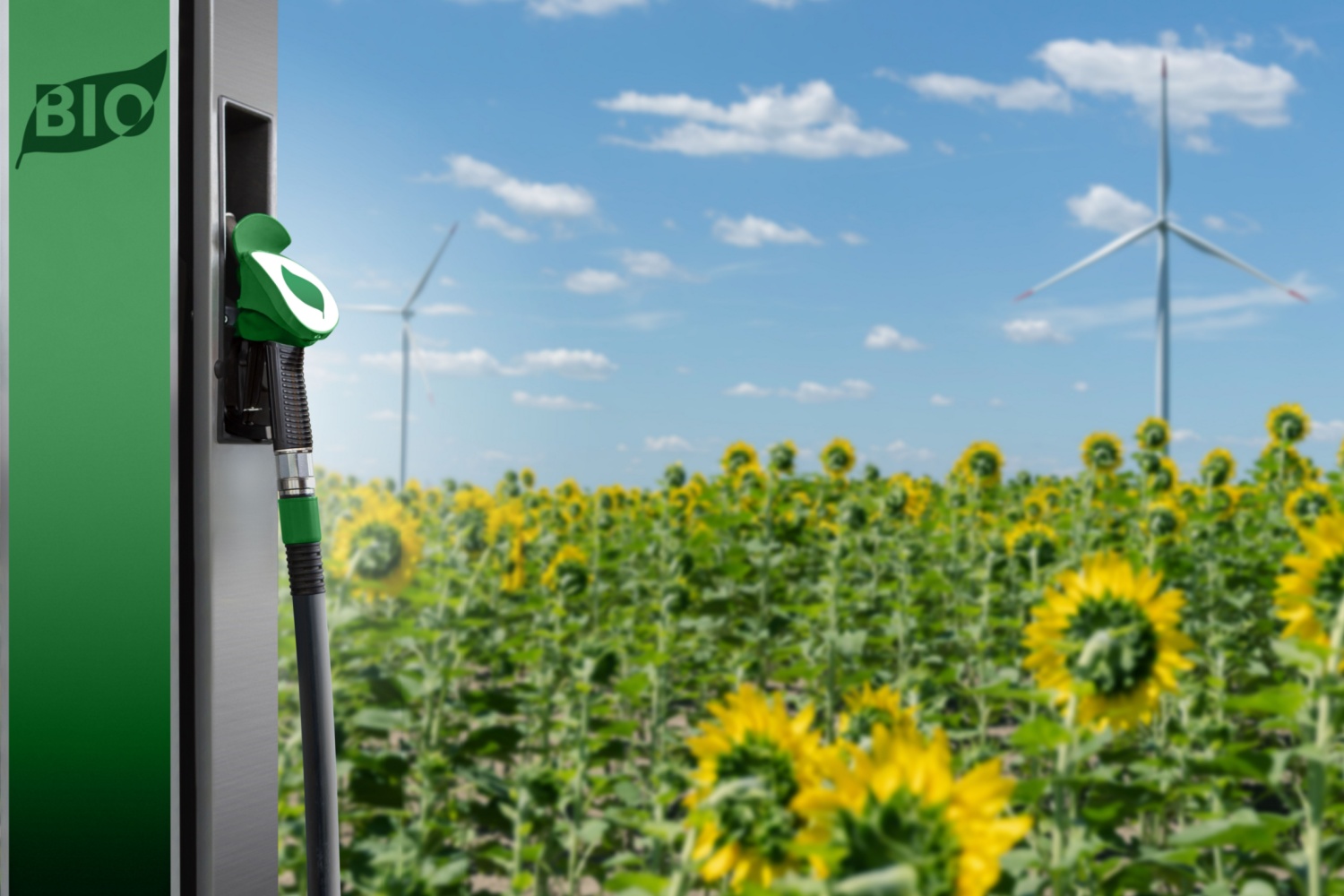The Environmental Protection Agency recently closed one public comment period associated with the proposed Renewable Fuel Standard for 2026 and 2027 and has another now underway.
Agriculture Deputy Secretary Steven Vaden had this to say at the recent Farm Progress Show in Illinois:
“We at USDA are very supportive of the Environmental Protection Agency and the proposed renewable volume obligations. We think those numbers are wonderful and are where they need to be and meet the current ability of America to produce biofuels.”
There is still some confusion, though, among the public about all those acronyms associated with RFS. Take RVOs, for example:
“The renewable volume obligation, that’s the amount of biofuels we need to produce at minimum and be blended into our fuels in this country. Every year, EPA sets that on an annual basis.”
EPA’s public comment period on proposed RVOs recently closed. However, a second public comment period is now underway regarding EPA’s proposed adjustment to the small refinery exemptions (SREs) within the RFS, focused on compliance credits known as renewable identification numbers (RINs). As Deputy Secretary Vaden explained:
“There’s a provision in the law which says, for certain small oil refineries, they are entitled to receive a waiver from having to participate in this program. They don’t have to blend biofuels into the petroleum that they refine. In the past, that has essentially been lost volume. If you had a renewable fuels obligation of a billion gallons, and 100 million of it were waived because of these small refineries, in reality, you’d only be producing 900 million gallons.”
However, with EPA’s latest proposal:
“These small refineries, they won’t have to blend the 100 million in my example, but we’re going to redistribute the obligation to blend to larger refineries, which do not get a waiver. Instead of losing the 100 million gallons in sales for biofuels, they go straight to corn and soybean farmers.”
Providing additional revenue opportunities for both biofuel feedstock growers and biofuel producers.
Comment is accepted through Oct. 27 at www.regulations.gov.


